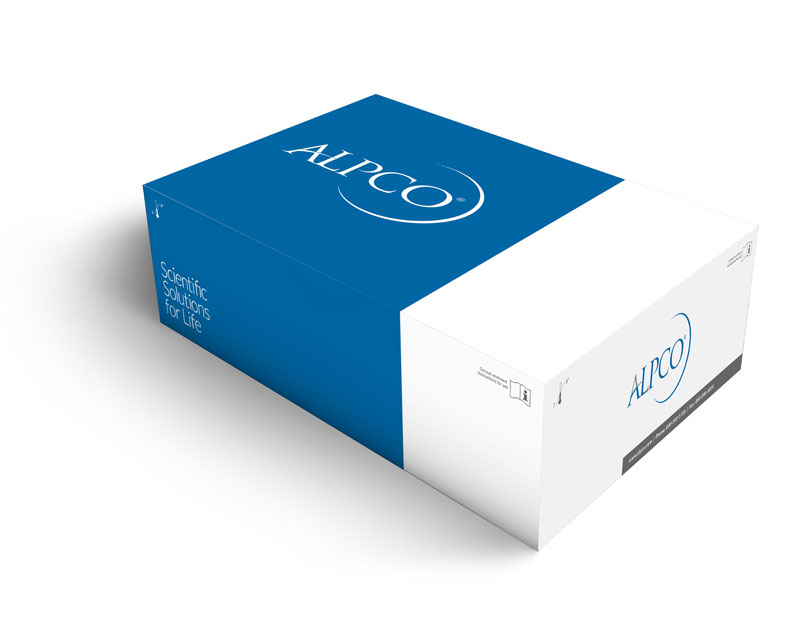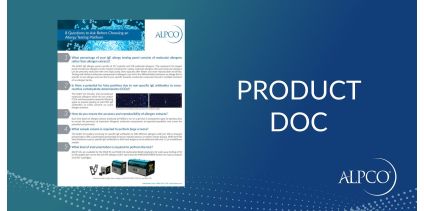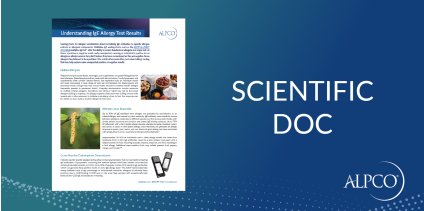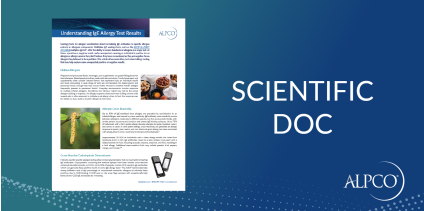Mouse/Rat Angiopoietin-2 ELISA
$665.00
Catalog
04-BI-ANG2MR
The Mouse/Rat Angiopoietin-2 ELISA is a quantitative immunoassay for the determination of mouse or rat Angiopoietin-2 (Ang-2 / ANG2) in serum or plasma. Angiopoietin-2 is a 56.9 kDa glycosylated growth factor that is specific for endothelial cells (ECs). Ang-2 is expressed in embryonic vessels and contributes to the formation of new vasculature. In adults, it is restricted to sites of vascular remodeling (e.g. ovary, uterus, placenta) and wound healing. Research Use Only. Not for Use in Diagnostic Procedures.
Species
Mouse, Rat
Regulatory Status
Research Use Only. Not for Use in Diagnostic Procedures.
Product Distribution
Available in North America Only
Range
43.7-1400 pmol/l
Sensitivity
LLOQ: 21.9 pmol/l
Sizes
96 Wells
Sample Types
Plasma, Serum
Inc Time Hour
5
Inc Time Minute
30
Inc Time Overnight
No
Inc Time See Protocol
No
Sample Size
5
Detection
Colorimetric
Angiopoietin-2 (ANG2) is a 56.9 kDa glycosylated growth factor that is specific for endothelial cells (ECs) https://www.uniprot.org/uniprot/O35608 ANG2 expressed in embryonic vessels and contributes to the formation of new vasculature. In adults, it is restricted to sites of vascular remodeling (e.g. ovary, uterus, placenta) and wound healing. ANG2 is regulated by the cytokine vascular endothelial growth factor (VEGF). Together with VEGF, ANG2 induces endothelial cell migration, proliferation, and vascular sprouting. During angiogenesis, ANG2 exerts its effects via the angiopoietin-1/TIE2 receptor signaling system on endothelial cells. Disruption of this signaling leads to the loss of endothelial integrity. In consequence, the endothelium responds to various pro-inflammatorycytokines and growth factors. Thus, ANG2 might cause vascular micro-inflammation in patients with chronic kidney disease (CKD). Various studies demonstrated that ANG2 levels increase with CKD stage and are associated with fluid overload and abnormal cardiac structure. Furthermore, ANG2 concentrations correlate with mortality in patients with CKD stages 4–5. Although ANG2 levels recover after successful kidney transplantation, ANG2 continues to be a cardiovascular risk factor in this population. Elevated ANG2 levels have also been observed in most cardiovascular disorders, such as coronary heart disease, congestive heart failure, and peripheral arterial disease. In terms of pathological angiogenesis, ANG2 has been widely explored in tumor-induced angiogenesis. The inhibition of ANG2 decreased the tumor size and metastatic efficacy. Thus, in cancer, targeting the TIE2-Angiopoietin pathway has shown promising results in some preclinical and clinical trials, including studies on recurrent or metastatic breast and renal cell carcinomas.
Areas of interest:- Inflammation (Bowel disease, Chron’s disease, cirrhosis, sepsis) - Autoimmune disease (rheumatoid arthritis, psoriasis)- Cardiovascular Disease - Chronic kidney disease - Cancer







